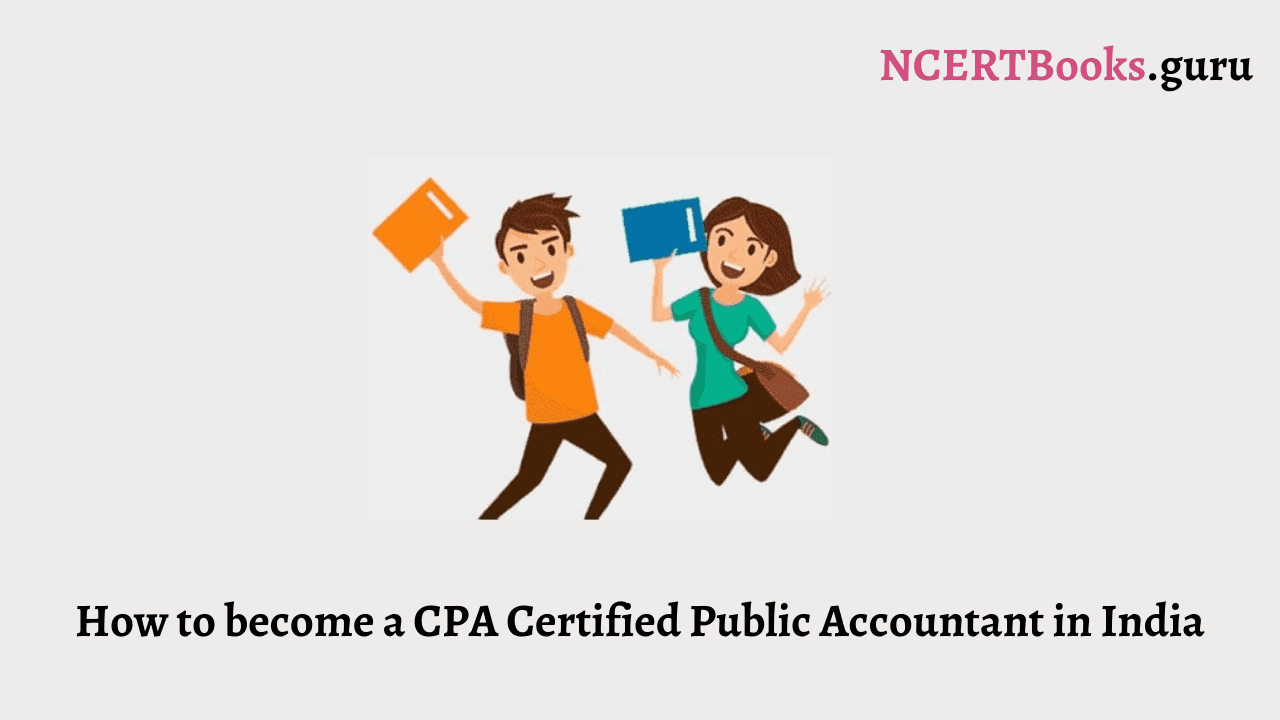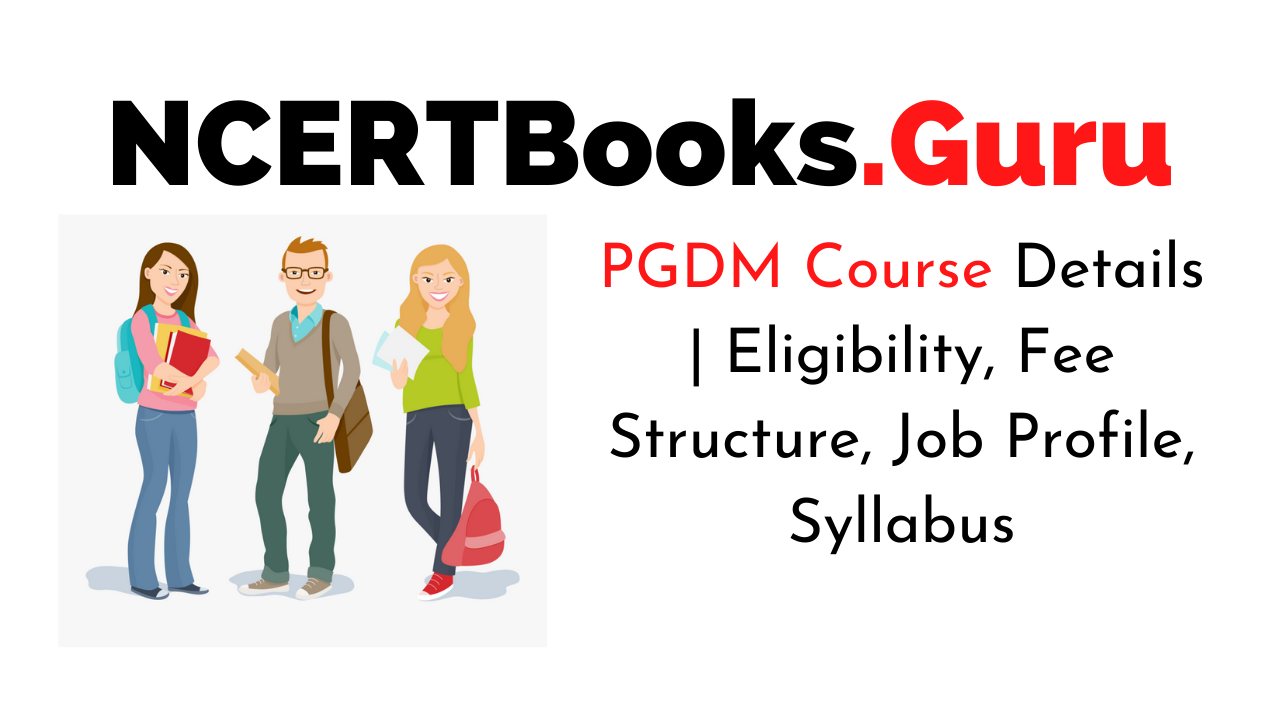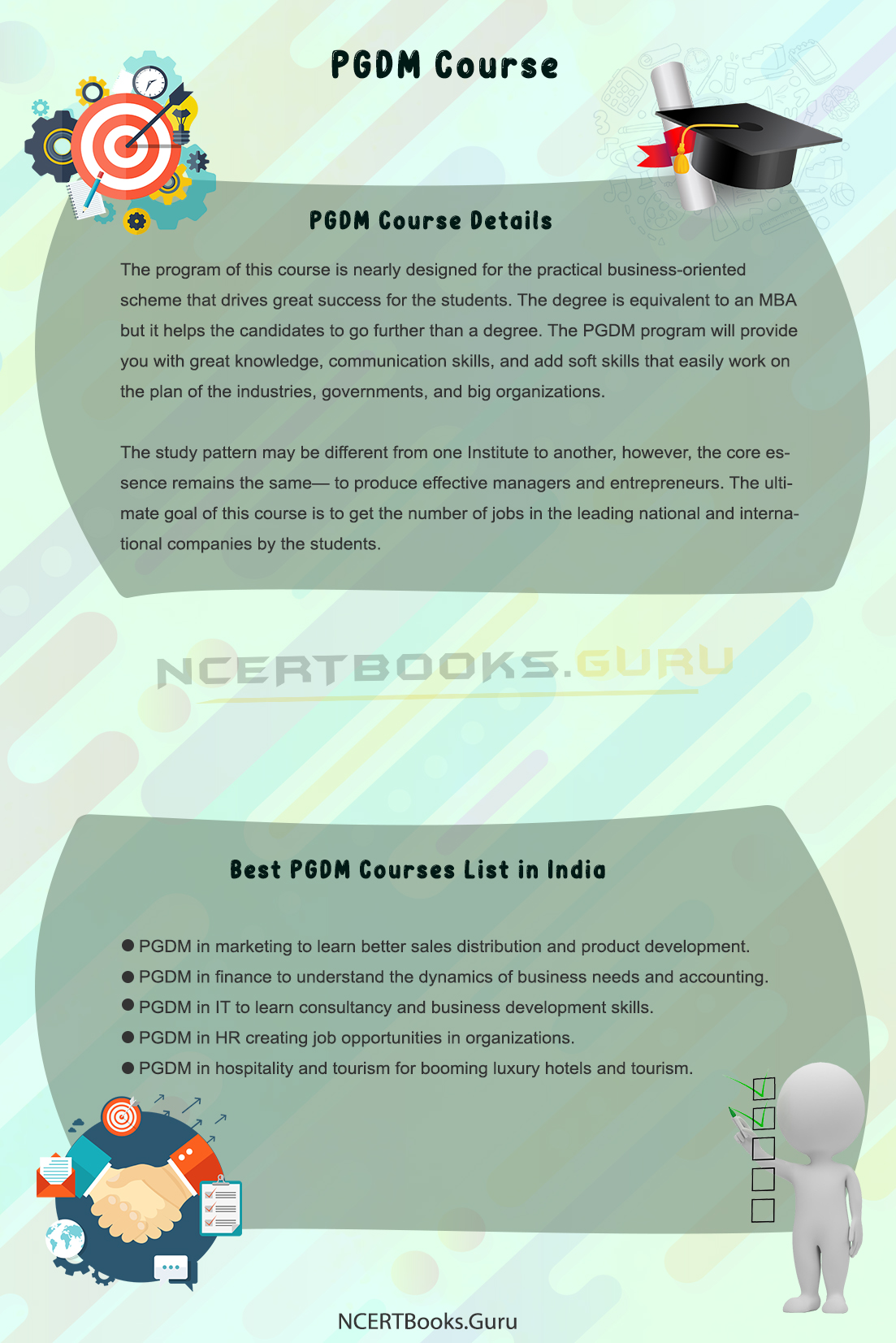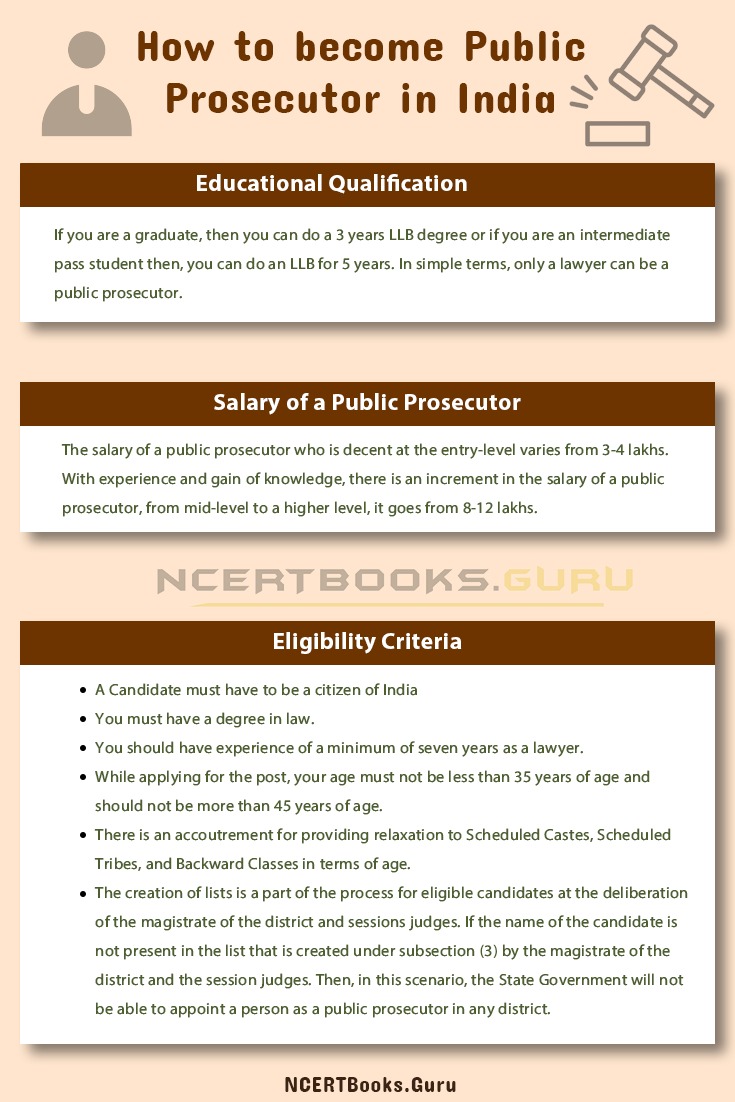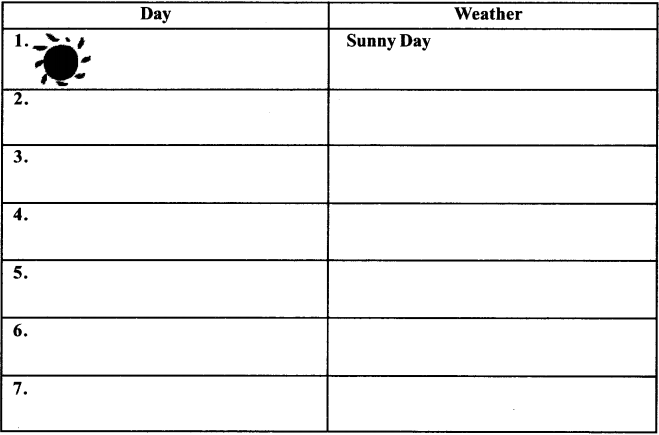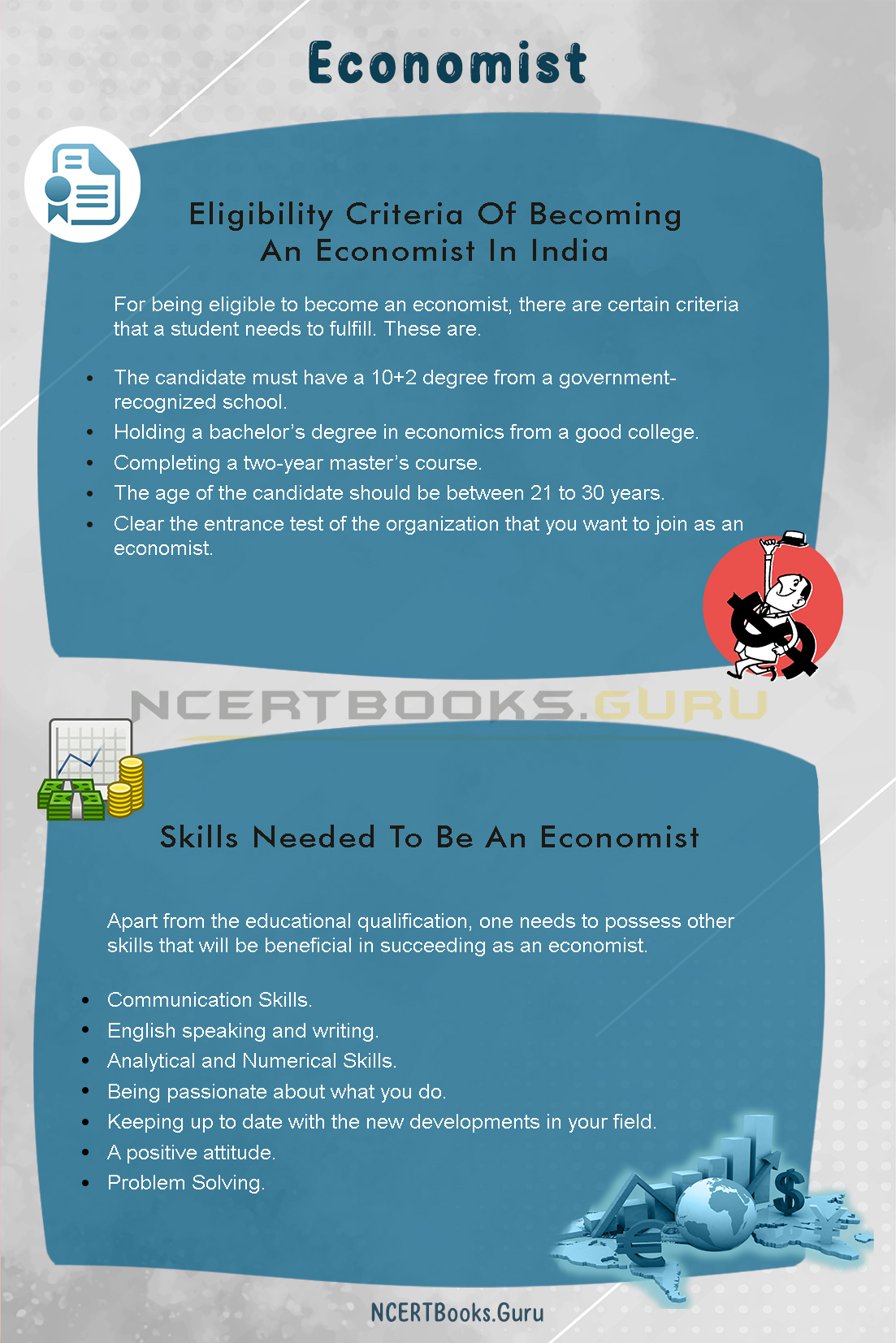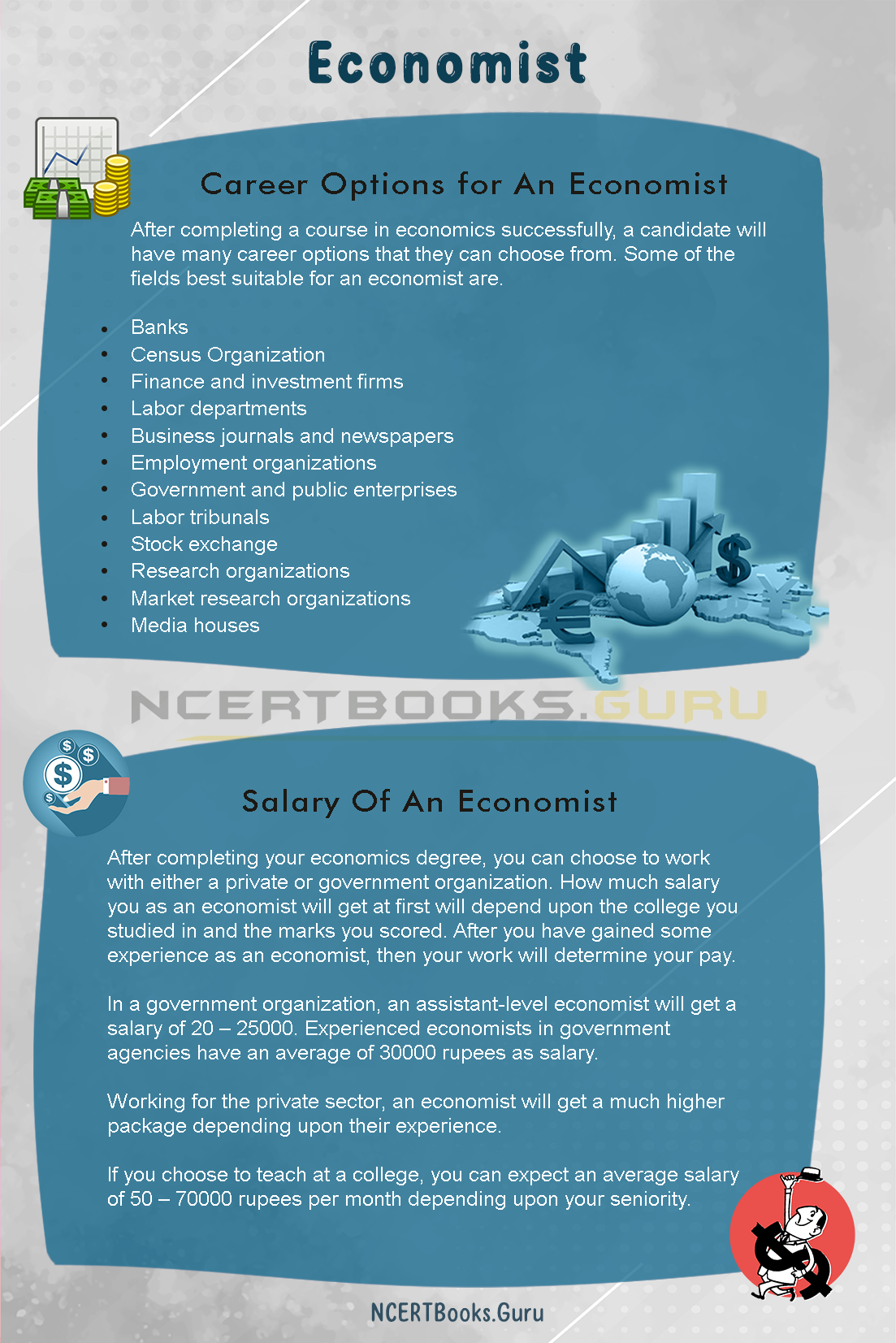How To Become a CPA Certified Public Accountant in India?: With an increase in business activities across the world, the need for accountants has also increased drastically. Accountants have a primary role in ensuring that the company grows beneficially. They strategize to bring growth to the company, which other financial departments follow. One of the highest qualifications attained in this field is of a CPA Certified Public Accountant.
- What is a CPA?
- Courses Available Become a CPA Certified Public Accountant in India?
- CPA Course Eligibility
- CPA Exam Pattern and Syllabus
- Syllabus of Auditing and Attestation (AUD)
- Syllabus of Financial Accounting and Reporting (FAR)
- Syllabus of Regulations (REG)
- Syllabus of Business Environment Concepts (BEC)
- Business Environment and Concepts (BEC)
- Cost of CPA Course in India
- Colleges and Institutes for Certified Public Accountant (CPA) Course
- Career Opportunities of Certified Public Accountant (CPA) Course
- Roles and Responsibilities of CPA
- CPA Salary
What is a CPA?
The American Institute of Certified Public Accountants (AICPA) defines a CPA as a trusted financial advisor who helps individuals, businesses, and other organizations plan and reach their financial goals. CPA Certified Public Accountants are certified professionals specially hired by a company or a firm to handle their accounts department using their high level of knowledge. This course is generally picked up by those who possess an MBA degree, are Chartered Accountants and Company Secretary since they are associated with business strategies.
Refer to Course Details to know more about related courses and find details like Admission Process, Eligibility Criteria, etc.
The CPA, Certified Public Accountant is one of the leading positions in the accountancy field worldwide. The AICPA (American Institute of Certified Public Accountants) offers the CPA course, which is among the most proficient authorities in Accountancy. CPA’s are globally recognized as leading accountants and are hired in various industries across the world. For those considering a career in accounting, a CPA course is the best option for you.
Courses Available Become a CPA Certified Public Accountant in India?
Certified Public Accountant (CPA) is a certification program offered by the American Institute of Certified Public Accountants (AICPA). It is a good option for students who have completed their CA (Chartered Accountancy) course and are looking for an added credential in their resumes.
CPA Course Eligibility
The eligibility requirements are different according to the state boards. To become a
Certified Public Accountant candidates need to fulfil the eligibility criteria according to their respective state boards of Accountancy. In India, there are 55 states which are members of the National Association of State Boards of Accountancy (NASBA). The state a license holder should not work outside of India. It is necessary to hold a bachelor’s degree in commerce for doing jobs at the international level. Some universities in India have a prospectus equivalent to thirty module credits of US education. Certain state boards hold award credit for offering international professional courses like Chartered Accountancy. Candidates who possess a bachelor’s degree from NAAC- A grade university in commerce and first division are eligible to take the regular CPA exam.
To appear for the Certified Public Accountant Examination, the candidates must possess any of these qualifications.
- MBAs
- Master of Commerce
- Member of the Company Secretaries in India.
- Member of the Institute of Cost and Works Accountants in India.
- Member of the Institute of Chartered Accountants of India.
- CA’s with B. Com is also accepted in a few states of the US. Candidates must attain 1-2 years of experience by doing an internship under a CPA
CPA Exam Pattern and Syllabus
The CPA Exam Pattern is divided into four sections. The four divisions of the CPA exam are as follows-
- AUD – Auditing and Attestation
- FAR – Financial Accounting and Reporting
- REG – Regulation
- BEC – Business Environment Concepts
Syllabus of Auditing and Attestation (AUD)
- Professional Responsibilities, Ethics and General Principles
- Assessing Risk & Developing a Planned Response
- Obtaining Evidence and Performing Further Procedures
- Reporting and Forming Conclusions
Syllabus of Financial Accounting and Reporting (FAR)
- Conceptual Framework, Financial Reporting, and Standard- Setting
- Select Financial Statement Accounts
- Select Transactions
- State and Local Governments
Syllabus of Regulations (REG)
- Federal Tax Procedures, Professional Responsibilities, and Ethics
- Business Law
- Federal Taxation of Property Transactions
- Federal Taxation of Individuals
- Federal Taxation of Entities
Syllabus of Business Environment Concepts (BEC)
- Internal Controls, Business Processes, and Enterprise Risk Management
- Economics
- Financial Management
- Information Technology
- Operation Management
The CPA exam is a 16-hour, four-part assessment designed to test the knowledge and skills required in CPA. It is a computer-based test conducted at designated centres in various countries and is the same for all candidates. The test is in the English language, and the question paper consists of MCQ’s, written ability and simulation. Passing marks is 75 on the 0-99 scale.
The CPA exam pattern consists of a total of four parts, with each part allotted with 4 hours to complete
- Auditing and Attestation (AUD) – 72 MCQs & 8 Task-Based Simulation
- Financial Accounting and Reporting (FAR) -66 MCQs & 8 Task-Based Simulation
- Regulations (REG) –76 MCQs & Task-Based Simulation
Do read:
Business Environment and Concepts (BEC)
The candidate has to complete the four-part assessment in 18 months to be eligible for a CPA license.
The candidates are tested on their educational knowledge and ability to understand significant concepts of the financial and accounting field through this exam.
Candidates can give their exam in the Prometric centres set up in 8 cities of India, which are in the following cities.
- New Delhi
- Ahmedabad
- Bangalore
- Chennai
- Calcutta
- Hyderabad
- Mumbai
- Trivandrum
Earn a License
To work as a Certified Public Accountant, professionals need to earn a CPA license of CPA. At the same time, some international enrolment institutions have accreditation for their degrees from recognized universities. Candidates who have passed the exams go for the next stage, which is the AICPA Ethics exam. The shortlisted candidates undergo training and, upon completion, are officially enrolled for the CPA license. The license can be collected by fulfilling the payment and then candidates can start working as a professional. The CPA license has the following requirement.
- The candidate should be 18 years of age
- The candidate should have passed the Ethics test
- The candidates must have worked at least 2000 hours and possess experience in auditing, accounting, consulting and taxation.
Some states give priority to 150 credit hours in particular courses from any accredited institute or recognized university under the National Association of State Boards of Accountancy.
Cost of CPA Course in India
- Application Fee: The application fee varies from state to state. The fee of the exam is Rs. 3600- 14,500 approximately.
- Examination Fee: The examination fee for each section of the exam is approximately Rs. 14,100.
- Registration Fee: The fee is charged according to the state or depends upon the number of sections that you can choose. For example, if you pick four sections at a time, then you should pay approximately Rs 12900
- Ethics Fees for the CPA exam: To attain an ethics license, you should clear the ethics exam according to your state. The ethics fee ranges approximately 10900 to 14500
- CPA Licensing Fees: Upon completing the ethics exam, candidates are considered eligible to receive the CPA license. This fee is paid every year and is approximately $ 50 to 500 per year and may vary from state to state.
- Systematic Professional Education for CPA: These fees are approximately $ 800 and increase up to $5000.
Colleges and Institutes for Certified Public Accountant (CPA) Course
The CPA certification program is an online certification program; hence it is difficult to find colleges and institutions for learning this course. If you have already completed a Postgraduate or degree course, the papers won’t be challenging to clear. There are plenty of online institutes and online course materials to provide enough knowledge on core concepts and papers related to the CPA coursework.
Some sources from which provide reliable knowledge on CPA papers are
- Piron Education
- Cpachamps
- Milescpareview
Adding to these, many online communities help know information on the certification and get notes on the subjects.
Career Opportunities of Certified Public Accountant (CPA) Course
The CPA certificate is an excellent choice to opt for as it allows applying to the top-rated firms in accounting. CPA offers great exposure to international rules and regulations, making you eligible for jobs abroad. Being globally recognized offers students an excellent opportunity to learn and work in a new environment.
In finding job opportunities within India, CPA helps earn a job in the public and private sectors.
The job profiles for which one can apply after completion of the CPA certification are listed below
- Management trainee
- Bookkeeper
- Accounts Payable Clerk
- Accounting Assistant

Roles and Responsibilities of CPA
CPA’s are considered the backbone of the finance department of an organization by playing a vital role in the infrastructure of any company, organization or firm since they are hired for providing insights on financial growth.
The primary roles and responsibilities of a CPA are
- CPA’s are involved in tasks such as book-keeping (Physical or technical), financial planning, advising, preparing government audits, recording of taxes, financial policies etc.
- CPA’s maintain the transaction history of the company
- To keep an eye on the organization’s budget & financial management.
- To suggest effective methods to save the capital of the firm.
- To organize and audit transaction reports.
- To implement monetary benefits.
- CPA’s are involved in the construction and analysis of budgets
- CPA’s are responsible for updating and applying with the firm new financial methods.
- To update the management of tax consequences of business judgement.
- CPA’s are involved in rectifying the errors, fluctuations caused by monetary activities and money and solving fraudulent activities.
- They handle tax-related activities such as maintaining tax records, tax collection and on-time tax deposits.
- CPA’s analyze ledgers and estimate the revenue
- CPA’s undertake the task to prepare the company balance sheet
- To act as an advisory for asset safety, company benefits and compensations.
CPA Salary
With an increase in firms, the requirement for CPAs has also increased. With an increase in their requirement, they are paid well. The minimum salary per annum for a CPA is Rs 7.6 lakh per annum.
Conclusion on How To Become a CPA Certified Public Accountant in India?
The CPA course has many benefits as it gives international recognition to candidates aspiring for international certification. The exam is administered by AICPA (American Institute of Certified Public Accountants), the world’s largest accounting body. It is a single level online examination consisting of only four papers.
After passing the CPA exam, candidates can pursue their careers with Research firms, Private equity firms, Commercial Banks, Investment Banks & Auditing firms. Overall, CPA is a good option for attaining a qualification as it has an excellent job potential for commerce graduates pursuing accounting.
